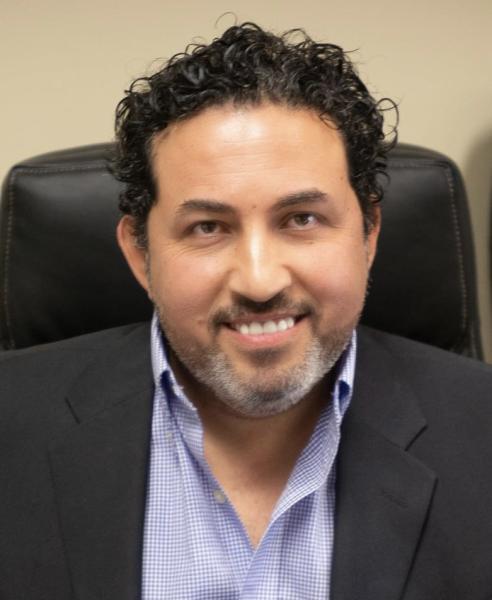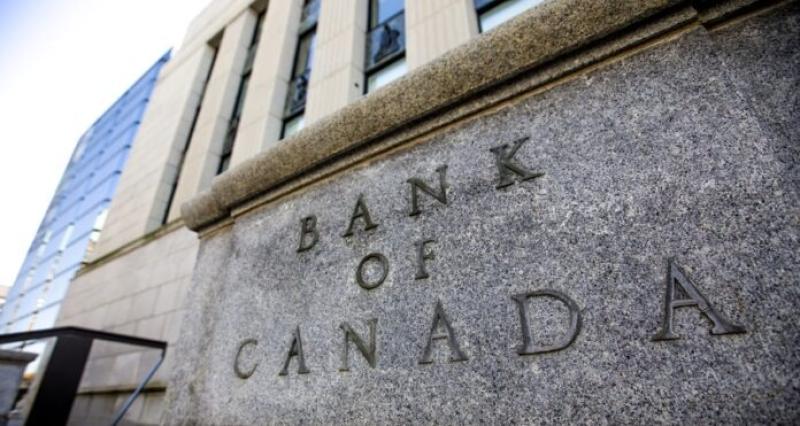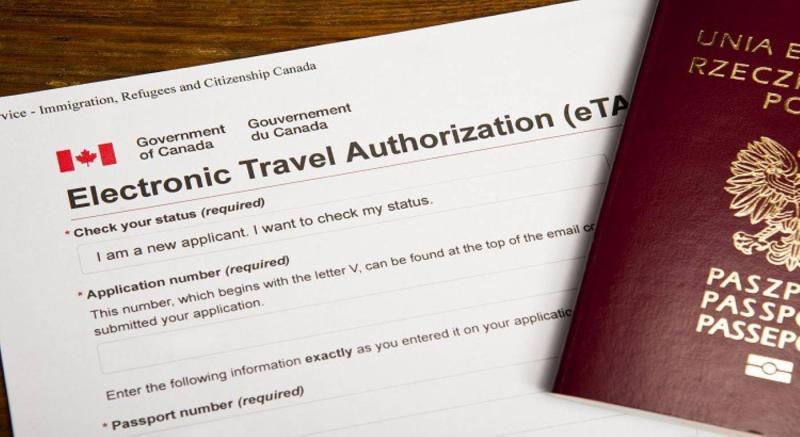Emad Barsoum writes: Knowledge, Experience, and in between

While engaging in a debate on one of the major social media platforms about the information anarchy on the internet and how any person can state some information only for it to go viral and becomes fact (even if false), one of our intellectual friends said that most of the internet knowledge claimers fall under the Dunning-Kruger effect.
In a simple form, the Dunning-Kruger effect occurs when a person’s lack of knowledge and skills in a particular area causes them to overestimate their competence, thus leading them to boast about their knowledge everywhere. By contrast, this effect also causes those who excel in a given area to underestimate their relative abilities.
A vivid scene of such an effect is when some people would fall for those who claim that they hold the keys to absolute knowledge, which is evident in the ideas of the leaders of various beliefs characterized by virtuality rather than reality and faith in the unseen. However, it could become a disaster when it reaches the political and corporate world.
In politics, we meet some candidates who claim to have the knowledge and competence to play that significant role in their voters’ lives before elections. They present themselves as the salvation for all their constituents’ issues. Still, in reality, they might lack the experience to execute that claimed knowledge, or they probably do not have it in the first place.
Therefore, we mostly end up with the wrong person in office, and we look forward to the next elections to resolve our initial mistake. Still, again the same dilemma repeats itself. Some voters, who believe they are more knowledgeable, might also suffer from the Dunning-Kruger effect and re-elect the same candidate who falsely claimed the same incompetent knowledge.
The main objective is to find a way out of this loop; people have to be more cognitive of the factual reality and depend on more than one source of information to formulate an opinion. Besides, people must also rely on their power of observation, analysis, and conclusion rather than be herd members.
On the corporate side, the ordeal is realized in how some people could
undeservingly reach certain positions by claiming knowledge much lesser than their experience. Nevertheless, the disaster is more prominent when we find out that those who fall for their claims of expertise are usually their superiors.
Although such recognition for their claimed experience is based on two different factors, either those superiors and higher levels of decision makers are themselves lacking the competence to differentiate between genuine knowledge and the claimed one, or they deliberately want those who claim the false understanding to be in certain positions only to control them the way the top levels wish to and direct them to what they need to execute; knowing that they have no knowledge or experience to argue or discuss orders, transforming them into machines.
That is simply because those supreme executives lack confidence and fear the truly knowledgeable and experienced ones.


















